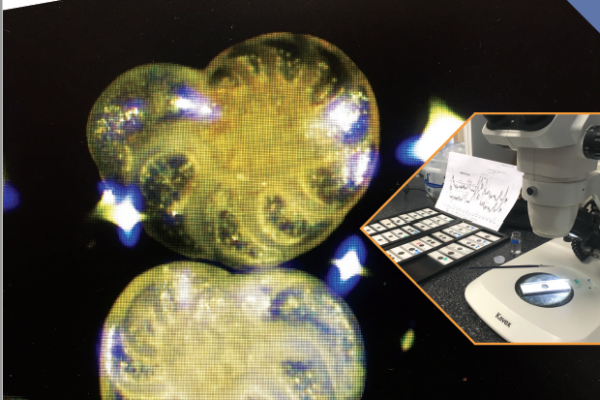Category: News

Annual Review 2023
Read More
Project Title: An investigation of novel silicon(II), aluminium(I) and tandem compounds for transition metal-free small molecule activation
Many current synthetic catalytic strategies rely on toxic, rare and expensive transition metal catalysts for the activation of chemical bonds. My research focuses on the development of cheaper, and more benign main group alternatives based on low-valent silicon and aluminium. Recently, it has been shown that main group compounds are able to carry out some basic elementary steps involved in catalysis: oxidative addition, alkene binding and reductive elimination. With 35% of the earth’s crust being made up of silicon and aluminium, their functional compounds are particularly desirable. The aim of my research is to develop novel main group compounds to investigate the extent of their potential for catalysis. A series of compounds based on low-valent silicon will be synthesised and their catalytic-type reactions will be tested, including the activation of some industrially-significant small molecules. Furthermore, a new concept of ‘tandem’ systems will be explored where the catalytic compound will contain two reaction centres. This is intended to solve the problem of the relatively small size of main group elements compared with transition metals.

Awarded: Carnegie PhD Scholarship
Field: Chemistry
University: University of Edinburgh